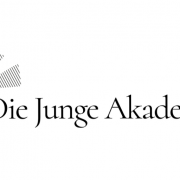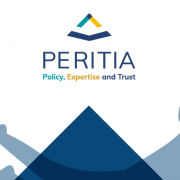ALLEA contributes to European Commission’s consultation on the European Research Area
ALLEA submitted a response to the European Commission’s public consultation on the future of the European Research Area (ERA). This initiative seeks to relaunch and revitalize the ERA and make it better able to address major challenges such as the green and digital transitions, or the COVID-19 crisis.
In its position, ALLEA supports continuous ambition “to broaden the ERA’s outreach and connectivity by promoting open science and research mobility within and beyond its borders, as well as access to research facilities and collections”.
“As innovation is not restricted to technological and economic growth but also concerns social and cultural adaption, it is critical to broaden the remit of the ERA and that Union programmes consider societal values, including fairness/equality, resilience/sustainability, diversity, openness, transparency and trustworthiness,” the contribution states.
The statement points out that “the core of the EU network remains mainly composed of EU-15 participants, with only a restricted number of institutions acting as hubs. Systematic efforts and specific mechanisms are required to encourage researchers across the career cycle and participants from EU-13 and Associated countries to actively shape the EU-wide networks across the ERA.”
The consultation was closed on 3 August and all stakeholder contributions are available here.


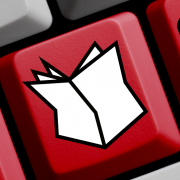
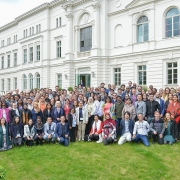
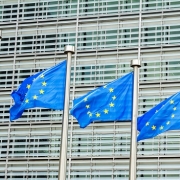
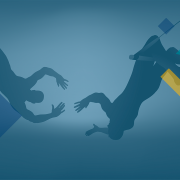
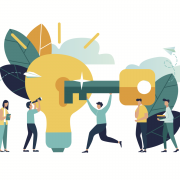
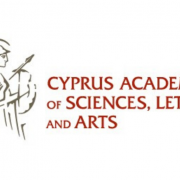
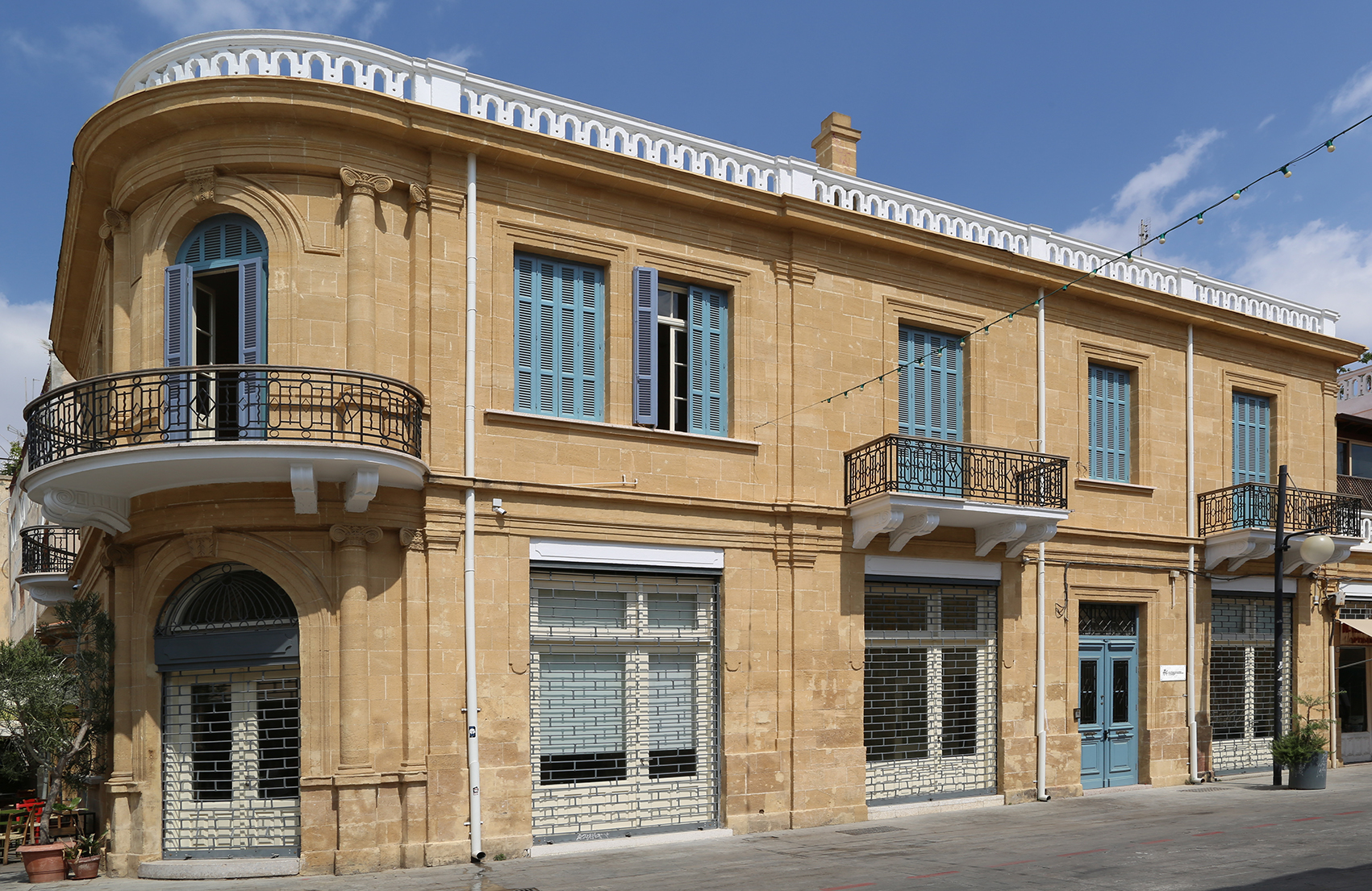 Its main missions are to recognize and promote excellence in Science, Letters, and Arts, cultivate mutual interaction between the Sciences, the Letters and the Arts and establish a Permanent Dialogue between the Sciences and the Humanities.
Its main missions are to recognize and promote excellence in Science, Letters, and Arts, cultivate mutual interaction between the Sciences, the Letters and the Arts and establish a Permanent Dialogue between the Sciences and the Humanities.